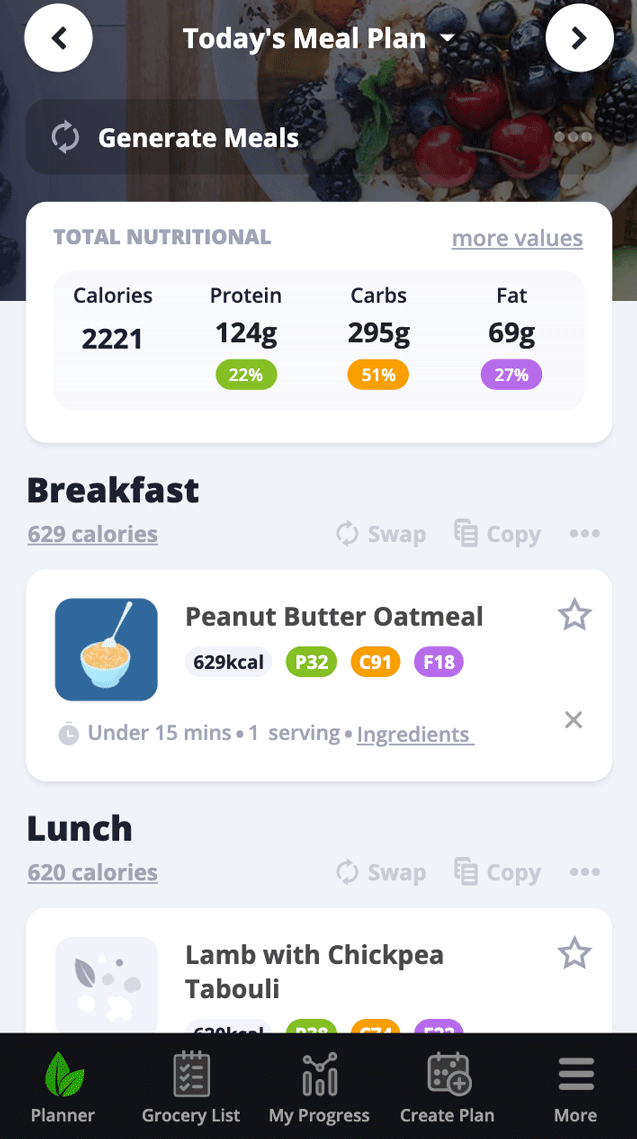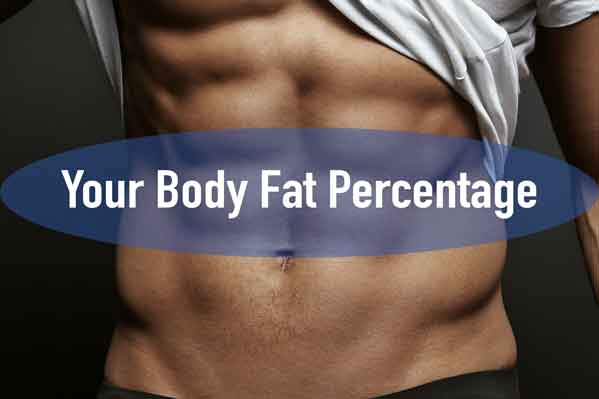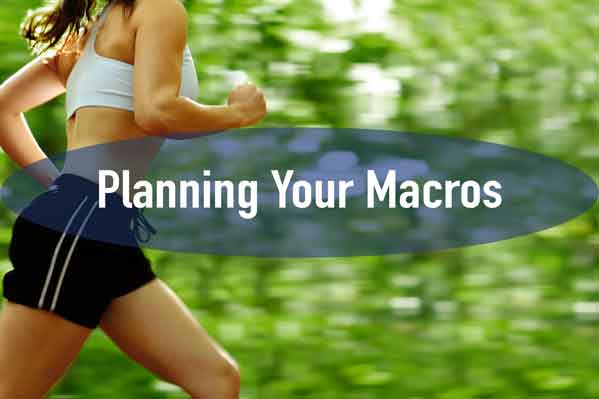Advice For New Vegans
Turning vegan is a massive dietary and lifestyle change, which at the start can be quite overwhelming for a lot of people. In no particular order, here are 6 top pieces of advice I would pass on to new vegans, taken from my own personal experience:
Plan ahead
When following a vegan diet, planning for every occasion is essential. At the beginning of each week sketch out the meals you want to consume during that week and make sure you have the ingredients you need. Ideally, ensure your cupboards are always stocked up with long life essentials such as cans of beans, chopped tomatoes, dried pasta and rice so that you always have the ingredients to hand in order to whip up a simple nutritious meal. If you know that you won't have time to cook on certain days of the week, dedicate half a day every few weeks to batch cook a few meals and place them in the freezer, so all you have to do is heat them up whenever you need them.
Whenever you are travelling or expecting a long day at work, ensure that you take your own snacks.
If you are planning to eat out with friends or family, check out the restaurant menu beforehand so that you know what's available and can order, which is vegan friendly.
Continually planning ahead may seem quite daunting at the start but it quickly becomes routine and part of your day to day thinking.
Learn to cook and stock up your spice rack
Quite honestly, cooking is essential if you are following a vegan diet. Vegan ready-made meals do exist but these can be extremely expensive and not always highly nutritious. Your meals don't need to be complicated, learning how to use herbs and spices to make your meals more exciting and adventurous can be fun; you'll find that just by adding spices such as paprika will completely transform a meal. You might invest in a vegan cookbook or research recipe ideas online to help get you started. Using a slow cooker can be useful for those of us who aren't quite so keen on cooking or perhaps have limited time to cook.
Learn some simple switches
A lot of everyday food items are not vegan, such as milk, butter and meat. To begin with, you can research vegan-friendly replacements for these items and use them as a direct swap to make things easier. For example, instead of using cows' milk, you could use soy, rice, oat, or almond milk, instead of butter use dairy-free margarine, and in place of meat use mock meats, tofu or beans.
Learn how to read food labels
Reading food labels is quite easy for vegans living in the UK because it is a requirement for milk and egg to be printed in bold on ingredient listings (because they are notably amongst top allergens); realistically, in most cases it only takes a matter of seconds to decide if something is vegan or not. However, as well as milk and egg, look out for meat, honey and beeswax, as these might be more difficult to find and unlikely to be emboldened on any ingredients list. If you are in a country outside the UK where milk and egg is not highlighted as a rule, you might devise your own method of quickly scanning the ingredients listed on packets, bearing in mind also to look out for other terms that might be used for animal products e.g. 'whey' used in some drinks and biscuits is made from dairy and is therefore not vegan.
Try new foods
Explore different cuisines; try fruits and vegetables that you've never tasted before and introduce different grains and spices into your cooking. Instead of thinking about all the foods that, as a vegan, you can't eat just ponder all the great plant-based foods there are, and begin to add them into your diet.
Veganize your favourite meals and snacks
You don't have to miss out on any of your favourite meals. Almost any meal or snack can be made vegan; do you love spaghetti bolognese, shepherds pie, cookies, and muffins? Every one of these can be made vegan. Just check online for recipes or use your original recipe and substitute the non-vegan ingredients, it really is that simple!



